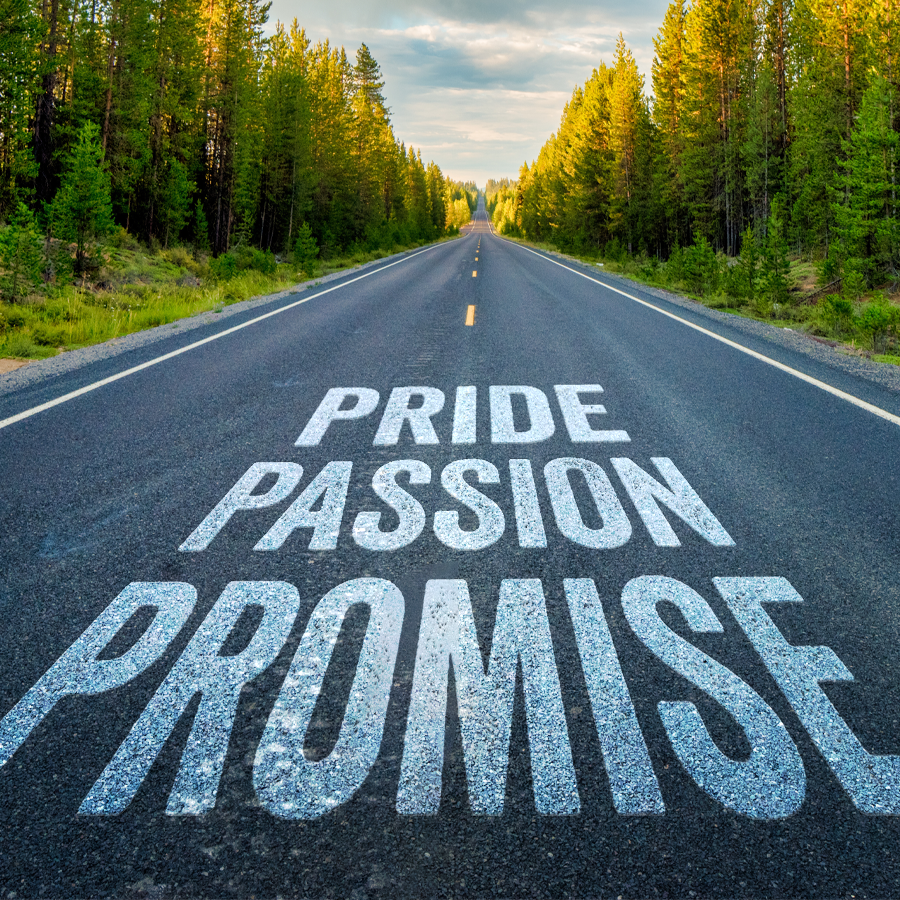Conduct a Student Experience Story Guide With Your Students: Learn What Students Want from Their School Experience

My favorite day of school was when it was my birthday because everybody said hello to me, and I wish that happened every day.
– Seattle Area Student

INTRO
The below activity provides a space for students to share their stories without interruption and preconceived notions of what teachers are “looking for.” There are no right or wrong answers.
- What adults focus on when attempting to make a better school experience is often not the same as what students say they want and need.
- This is NOT an assignment for kids. This is an assignment for adults to hear and listen to student stories.
OBJECTIVES
- Learn what students are wanting from their school experience
- Provide a platform for student voice
- Create space for students to authentically share their stories
This activity is intended to be driven by students with the assistance of an adult facilitator.
Gather a group of diverse students – including students who may not have great experiences in school (from the adult perspective), and those who do.
Begin asking the students this prompt: “Tell me about your best experience in school.”
Ask the students to take their best experiences and organize them around themes. In the example (attached in the resource section above) the words “happy” and “proud” consistently appeared.
Have the students create a framework prototype from the keywords that emerged in step 3. Refrain from guiding the students through this process. Part of the magic is allowing them to come up with a framework that is personal to them.
![]() Younger children may want to use images, and bring art into the project. (A lot of words isn’t necessary.)
Younger children may want to use images, and bring art into the project. (A lot of words isn’t necessary.)
![]() Older students may look for the “right answer,” so remind them there isn’t one.
Older students may look for the “right answer,” so remind them there isn’t one.
Consider avoiding using the term “framework” if it doesn’t fit the students’ experience. The point of the project is for students to be the experts of their own experience.
Share the experience with your fellow educators with these questions in mind:
1. What does it mean to put students at the center?
2. What’s the connection between student experience and school outcomes?
3. What does student experience say about equity?
4. If we’re not asking students about their experiences and giving them a greater role in shaping their experiences, how will we know if the work we do is making a meaningful difference?
5. How often do we ask our students about their day – if they are happy and proud?






Responses